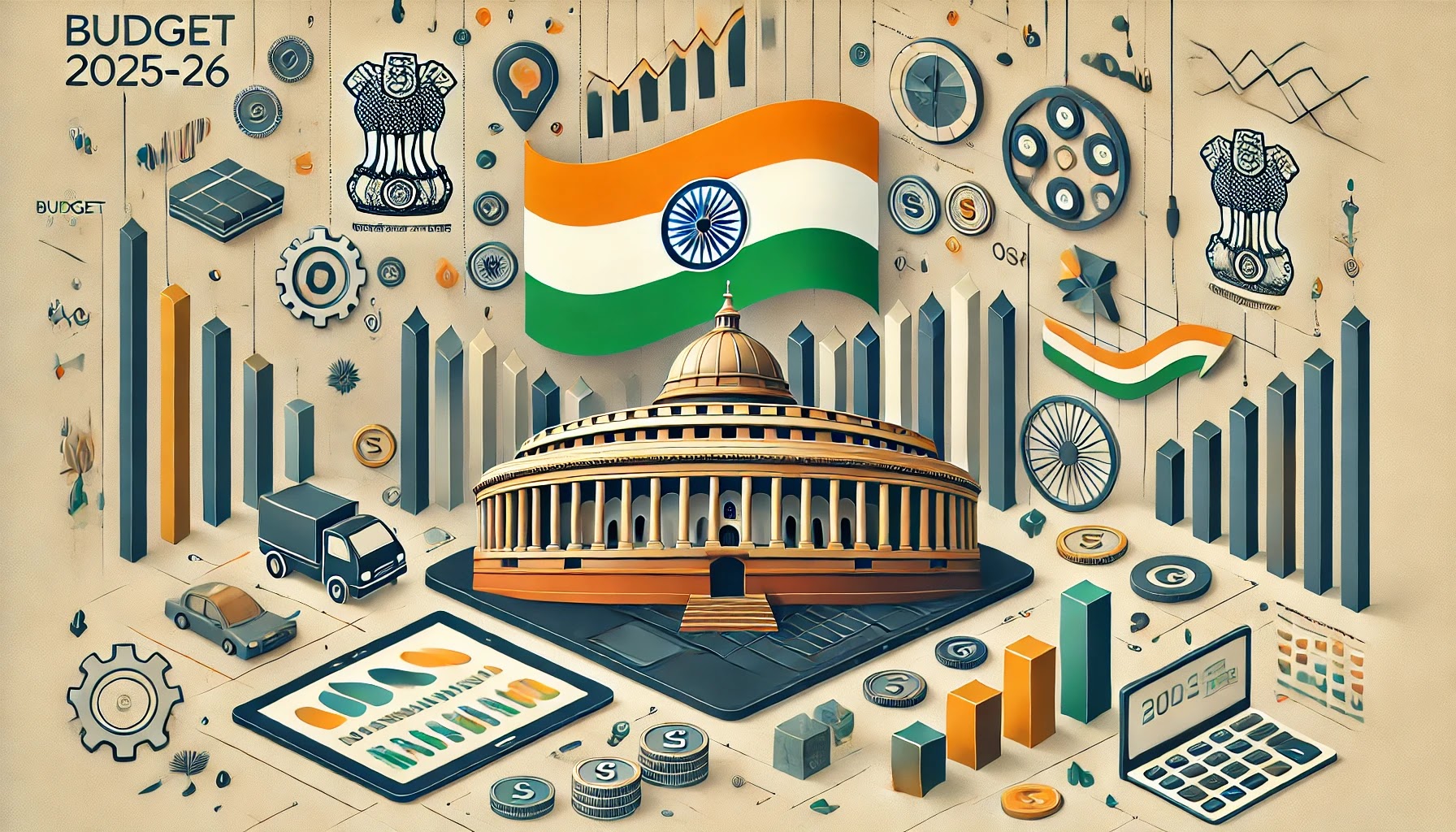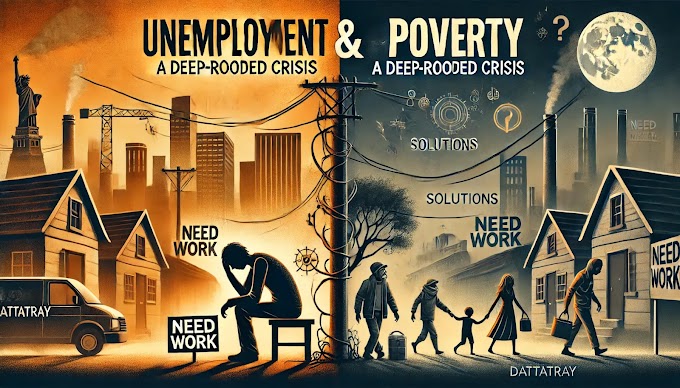The Gig Economy: Shaping the Future of Work
Introduction:
In recent years, the concept of the gig economy has gained significant traction and transformed the way people work around the world. As traditional employment models undergo fundamental shifts, the gig economy offers flexibility and autonomy to workers while presenting new challenges and opportunities for both individuals and the economy as a whole. This article will delve into the gig economy, exploring its definition, impact, benefits, and potential drawbacks.
Defining the Gig Economy:
The gig economy refers to a labor market characterized by the prevalence of short-term, freelance, or contract-based work arrangements. Workers in the gig economy are often self-employed and engage in various independent or on-demand work activities, such as driving for ride-sharing platforms, delivering food, or offering services through online platforms. This model provides workers with the freedom to choose when, where, and how much they work, blurring the boundaries between work and personal life.
Impact on Employment:
The gig economy has ushered in a paradigm shift in the labor market. It has created new avenues of income generation, particularly for individuals who may have faced barriers to traditional employment, such as limited skills, experience, or geographical constraints. Moreover, the gig economy has empowered workers to monetize their skills and assets, enabling them to become micro-entrepreneurs and gain financial independence.
Benefits of the Gig Economy:
Flexibility:
One of the most significant advantages of the gig economy is the flexibility it offers. Workers can determine their own schedules, allowing them to juggle multiple gigs, pursue education or personal endeavors, or cater to personal commitments. This flexibility promotes work-life balance and can enhance overall well-being.
Increased Market Efficiency:
The gig economy has opened up a broader talent pool, connecting individuals with specific skills to businesses or consumers in need. This increased market efficiency fosters better utilization of resources, promotes specialization, and encourages innovation.
Entrepreneurial Opportunities:
The gig economy nurtures an entrepreneurial mindset, enabling individuals to explore their passions, develop new skills, and start small businesses without substantial upfront costs. It encourages self-reliance, risk-taking, and creativity.
Challenges and Drawbacks:
Lack of Job Security and Benefits:
Gig workers often face a lack of job security and stability inherent in traditional employment. They are not entitled to benefits such as health insurance, retirement plans, or paid leave. This can result in financial uncertainty and limited access to social protections.
Unequal Bargaining Power:
Gig workers may face challenges in negotiating fair pay and working conditions due to the power dynamics between individuals and platform companies. The absence of collective bargaining rights can lead to income volatility and exploitation.
Limited Legal Protection:
Traditional labor laws and regulations often struggle to keep pace with the evolving nature of gig work. The absence of comprehensive legal frameworks can leave gig workers vulnerable to exploitation, unfair treatment, and inadequate dispute resolution mechanisms.
Conclusion:
The gig economy represents a transformative force in the world of work, offering both opportunities and challenges. While it provides individuals with flexibility, autonomy, and entrepreneurial prospects, it also raises concerns about job security, benefits, and workers' rights. As the gig economy continues to expand and reshape economies worldwide, policymakers, businesses, and society must strive to strike a balance between the flexibility and protection of gig workers. This involves developing appropriate regulatory frameworks that safeguard workers' rights, address income volatility, and ensure access to social protections. By navigating these challenges, we can harness the full potential of the gig economy while creating a more inclusive and sustainable future of work.
Thanks For Reading ( Have A Great Week :)
. . .
Currently seeking for more problems so I can learn more :)
.png)







.png)

.png)
.png)
.png)
.gif)
0 Comments